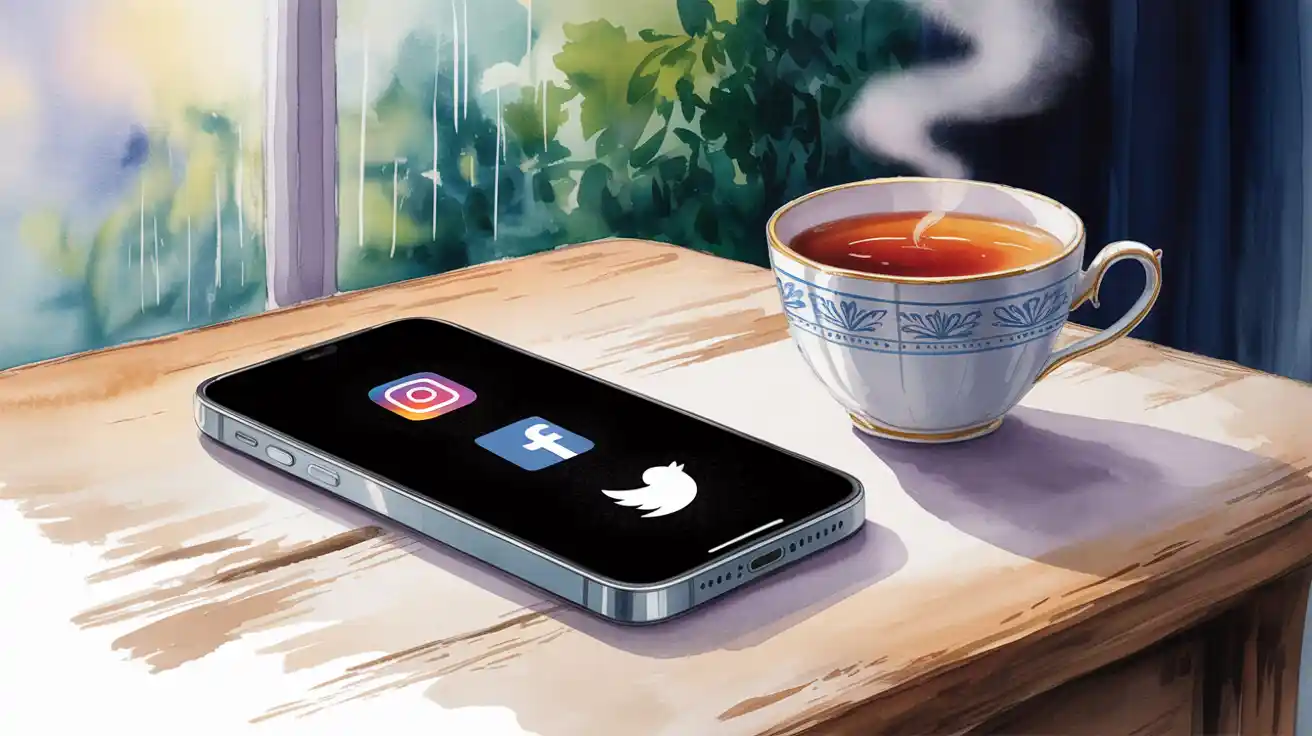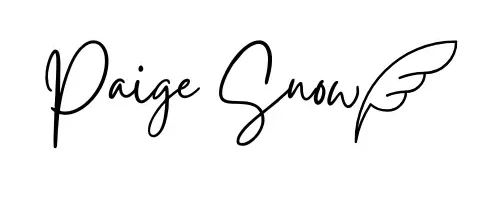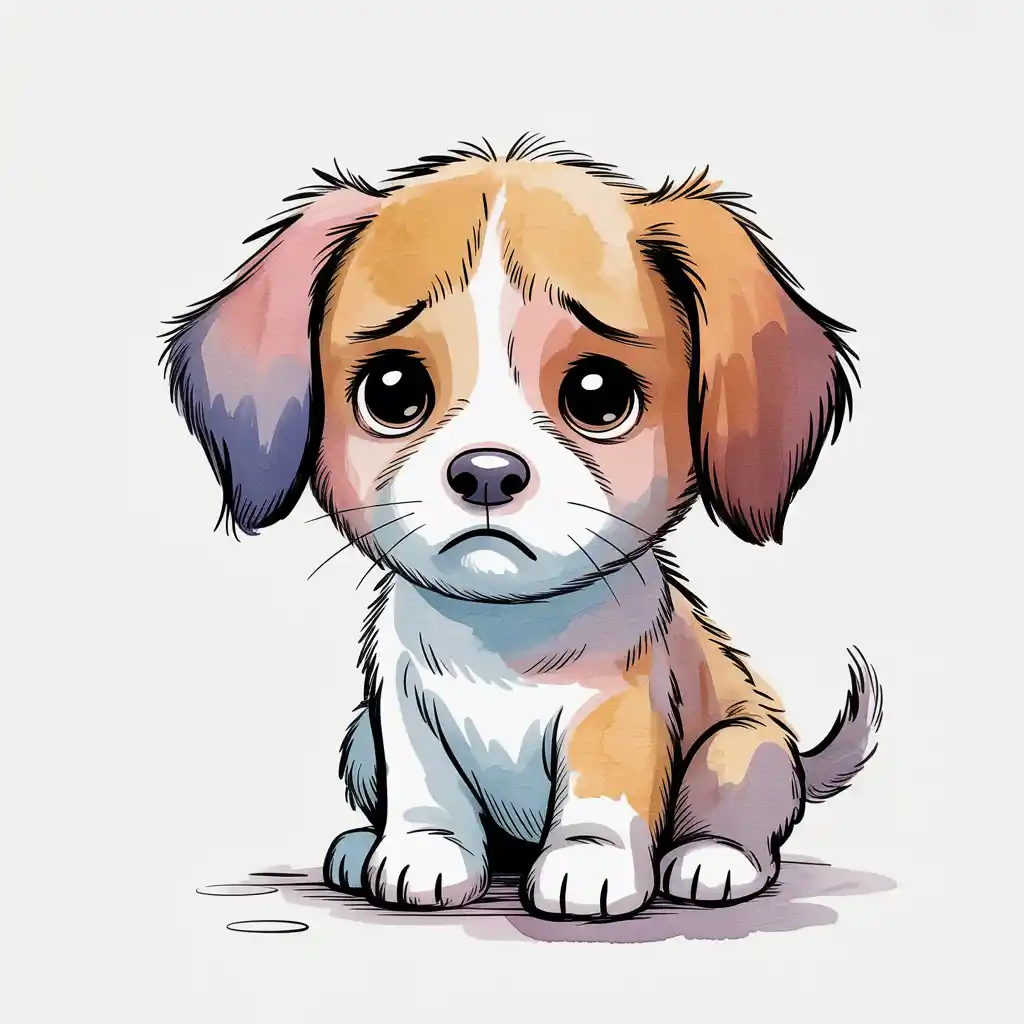Ghosting 11M Followers: What Really Happens When You Quit Social Media

Let’s be clear: I don’t have 11 million followers.
I’d be lucky if I had 11 million cups of Earl Grey tea in my lifetime. But while writing my new novel, Her Last Filter, I had to imagine what it would feel like for my main character, an influencer who does, to hit “delete” and consciously erase a digital kingdom she had spent years building.
The idea was both terrifying and thrilling.
It got me thinking: what happens when you quit social media? Not just for a week, but for good. What happens when the audience, the algorithm, and the endless scroll just… stop?
This post is a thought experiment. As a writer, my job is to live inside my characters’ heads, and for months, I lived inside Everly’s.
I tried to feel the weight of her decision, the echo of the silence that followed. This is what I imagine it would be like to ghost the world, and what I discovered about the quiet, complicated, and beautiful reality of an unfollowed life.
The Phantom Limb of the Like Button
The first thing I imagine happening is the phantom limb.
It’s the physical, reflexive twitch in your thumb, reaching for an app that is no longer there. You’re standing in line for coffee, waiting for a friend, or sitting on your couch in a moment of quiet, and your hand automatically goes to your phone.
You unlock it, your thumb hovering over the empty space where the icon used to be. It’s a muscle memory so deeply ingrained it feels like a part of your nervous system.
This is the surprising detail that fascinated me most: the physical withdrawal. It’s not just a mental habit; it’s a bodily one.
For years, every interesting thought, every beautiful sunset, every perfectly arranged avocado toast was a potential post.
Your brain becomes a content-creation machine, constantly scanning your life for shareable moments. When you quit, that machine doesn’t just power down.
It sputters. It whirs. It sends phantom signals.
You’d feel a pang of something like panic. “I should post this.” But there is no “this” to post, and no one to post it to. The impulse is a ghost in the machine.
You are left alone with your beautiful sunset, your interesting thought, and your avocado toast. And at first, that loneliness feels like a failure.
Confronting the Void: The Fear of Being Invisible
But the twitch of your thumb is only the surface.
The deeper ache is in your identity. After the physical reflexes subside, something more unsettling sets in: the fear of being invisible.
An influencer’s identity is inextricably linked to their visibility. Their follower count is a measure of their relevance. Their engagement rate is a sign of their influence.
When you take that away, who are you? If a life is lived but not documented for thousands of people, did it really happen?
This is the existential crisis at the heart of logging off. You are forced to confront the difference between being seen and being known. For years, you have been seen by millions, but known by very few.
Now, you are seen by almost no one. The silence is deafening. The validation that came in a constant stream of likes, comments, and shares is gone.
You are left with only yourself.
I imagine this would be the hardest part. The part where you have to untangle your self-worth from the algorithm. You have to learn that your value as a person is not determined by your engagement metrics.
This is a core part of the whole art of unbecoming; it’s the process of stripping away the external labels and identities you’ve adopted to find the person underneath.
It’s terrifying because the void is vast. But it’s also where the real work begins.
Finding Your Real-Life Algorithm
Slowly, tentatively, you would begin to build a new life, one that operates on a different set of principles.
You start finding your real-life algorithm. Instead of making choices based on what would look good in a photo, you start making choices based on what feels good in your soul.
Your “engagement” is no longer measured in comments from strangers, but in the quality of your conversation with a friend over a two-hour dinner, with your phone tucked away in your bag.
Your “analytics” are not charts and graphs, but your own energy levels, your own sense of peace, your own laughter.
This is a slow, quiet rewiring.
You start to notice the world differently. You’re not looking for the perfect shot; you’re just looking. You’re not trying to capture the moment; you’re just trying to live in it.
The world becomes less of a backdrop for your life and more of a place you actually inhabit. The result, I imagine, is a profound sense of feeling happier after leaving social media, but it’s not a giddy, performative happiness.
It’s a quiet, steady, and deeply personal sense of contentment.
Quitting social media wouldn’t be a magic cure for all of life’s problems. But I imagine it would be a powerful act of reclamation.
It would be a declaration that your life is not a performance. It is not content.
It is yours, and yours alone. And the beauty of an undocumented life is that you are finally free to live it, in all its messy, imperfect, and glorious detail, entirely for yourself.
That’s the journey Everly takes in Her Last Filter. And honestly? Writing her story made me wonder what I’d do if the ‘delete’ button ever stared back at me.
If you could ghost one social app forever, slip away with no consequences, no DMs, no algorithm chasing after you, which would you choose, and why?


